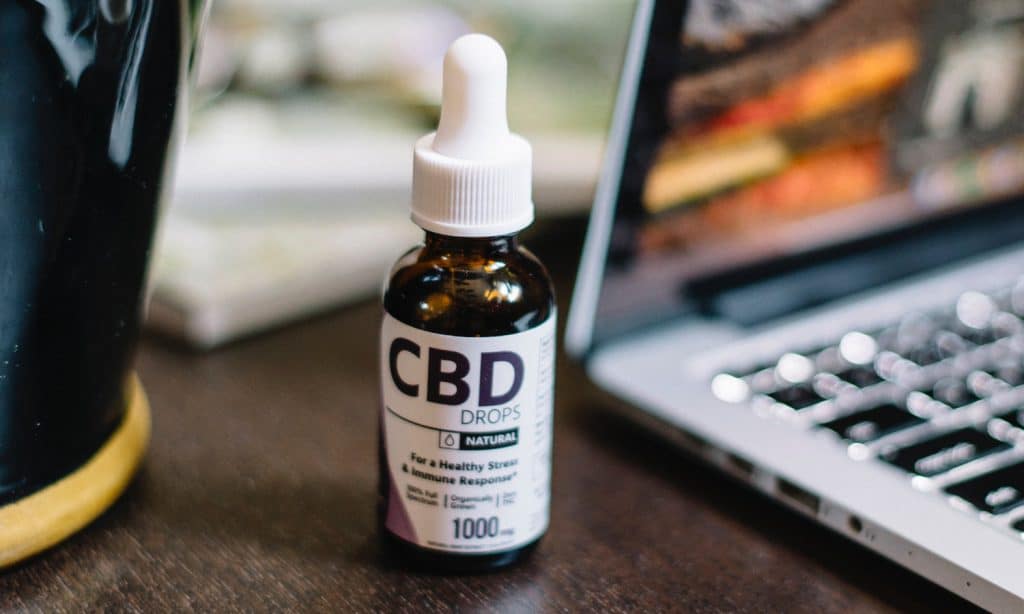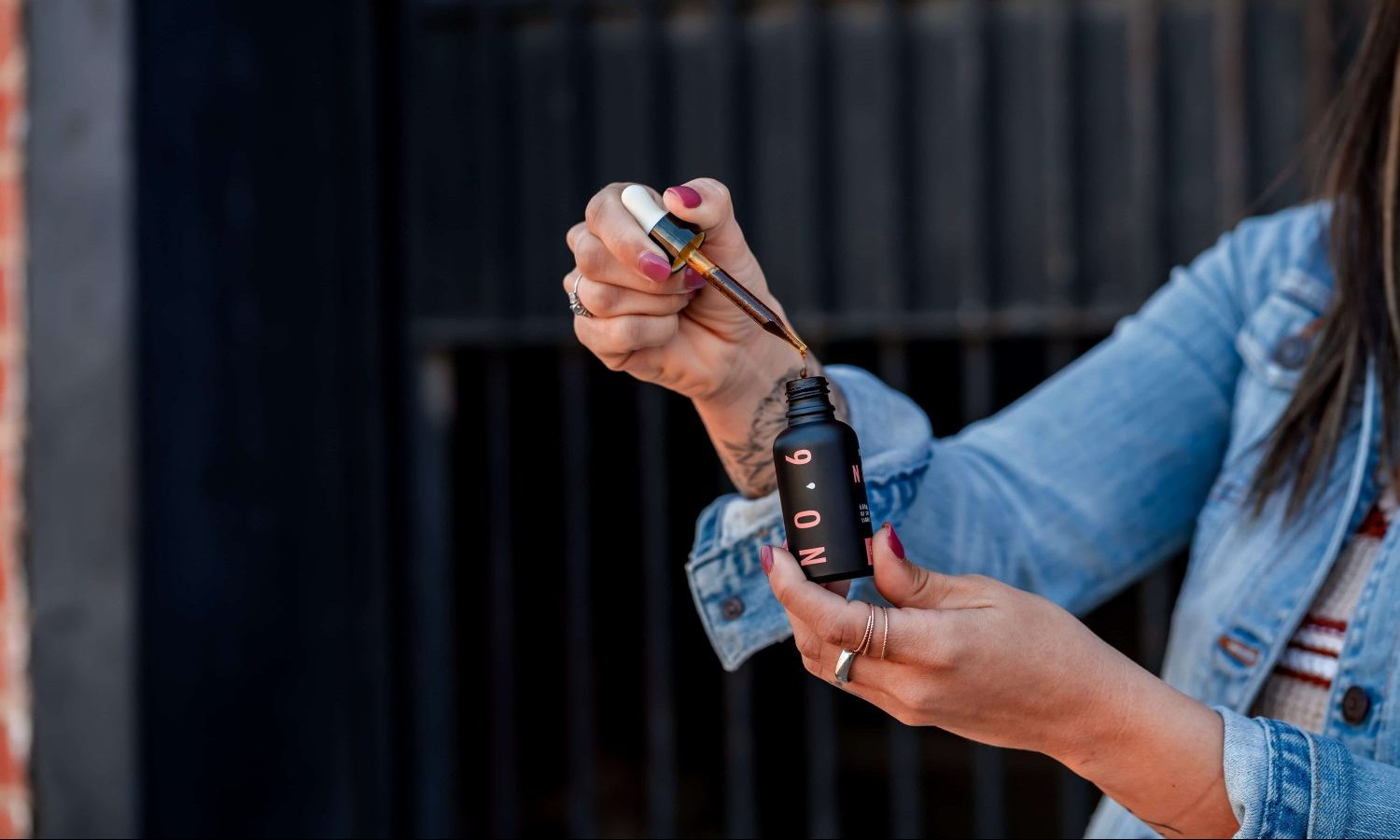The most lenient states permit consumers to purchase almost every CBD type irrespective of its source or intended use.
As of 2018, all 50 states have officially legalized the use of hemp-based CBD products. In the United States, governing officials initially classified CBD, hemp, and marijuana as harmful substances. However, recent medical insight encouraged federal authorities to legalize industrial hemp and CBD on a national level.
For routine CBD consumers, legalization may be good news. Though CBD-based products are manufactured and distributed throughout the United States, you’ll need to remember that each state has set its own rules regarding CBD use.
If your state allows its citizens to use CBD products, it doesn’t mean that a neighboring state has implemented the same rules and regulations. Put simply, federal laws are mostly for legislation purposes and will only override the provisions of state law in rare circumstances. With this in mind, pay close attention to any exceptions to the nationwide legalization.
Before answering the question of which states allow CBD and pinpointing what CBD products you can use, you should gain an understanding of how CBD’s source and intended use impact legislation. Studying the relationship will make it a lot easier for you to differentiate between CBD’s legal and illegal use.
CBD legislation: source and usage
CBD is derived from either hemp or marijuana. Most US states allow the use of CBD if sourced from hemp. In contrast, the legislation for CBD extracted from marijuana is much stricter due to the potential risks associated with marijuana use. Besides the source, each state’s laws may differ based on the CBD consumers’ intended use.
RELATED: FDA And USDA Start Making Sense On Hemp CBD
For instance, most states will allow the medical use of CBD, given the strict regulations affiliated with the medical industry. On the other hand, some areas are reluctant to allow the recreational use of CBD, as experts can’t enforce proper safety precautions. In other states, the recreational use of CBD is only permitted if the manufacturers don’t extract the CBD from marijuana.
In summary, CBD regulations are often determined based on the source of the CBD and its intended use. If you’re planning to relocate or travel as part of your day-to-day work responsibilities, conduct a quick online search before crossing your state’s borders, whether it be via airplane or automobile.
States that allow almost every type of CBD
In terms of CBD use, the most lenient states permit consumers to purchase almost every CBD type irrespective of its source or intended use. For instance, Vermont allows its residents to use hemp or marijuana-based CBD for recreationally and medically. In layman’s terms, states like Vermont have wholly legalized the use of CBD.
As of 2020, twelve US States fall in this exclusive category. These are: Washington, District of Columbia, Oregon, Alaska, California, Nevada, Colorado, Illinois, Michigan, Vermont, Maine, and Massachusetts.

States that allow the medical use of marijuana-based CBD
Thirty US states allow the use of CBD in a limited capacity. These states restrict the use of marijuana-based CBD for medical purposes only. In these states, you cannot use marijuana-based CBD for recreational purposes.
RELATED: The Laws And Regulations On Hemp CBD In All 50 States
As of 2020, 28 US States don’t allow recreational use of CBD and only allow marijuana-based CBD for medical treatment. These are: Alabama, Arizona, Arkansas, Connecticut, Delaware, Florida, Georgia, Hawaii, Iowa, Louisiana, Maryland, Minnesota, Missouri, Montana, New Hampshire, New Jersey, New Mexico, New York, North Dakota, Ohio, Oklahoma, Pennsylvania, Rhode Island, Utah, Virginia, West Virginia, Wisconsin, and Wyoming.
It’s important to note that Arizona is still undecided regarding the medical use of Marijuana-based CBD. Rules governing the medical use exist within a murky grey area.
States that don’t allow any type of marijuana-based CBD
States such as Indiana have banned the use of marijuana-based CBD altogether with no exceptions. If you currently reside in the states listed below, it’s illegal to distribute or consume CBD sourced from marijuana.
RELATED: This Is How Millennials Prefer To Consume Their Cannabis
Here is the list of ten US States that forbid any type of marijuana-based CBD products: Indiana, Kansas, Kentucky, Mississippi, North Carolina, South Carolina, South Dakota, Tennessee, and Texas.
If you live in South Dakota, ask a healthcare professional about the legality of using marijuana or the hemp-based CBD. While some medical providers allow patients to use hemp-based CBD, various products are still considered illegal even if they’re sourced from hemp.
US states that ban hemp-based and marijuana-based CBD
Only Nebraska and Idaho don’t allow any type of CBD within their jurisdiction unless these products adhere to 0% THC concentration criterion. Unlike other state governments, Idaho state officials consider unregulated CBD to be a controlled substance. As stated earlier, rules on CBD in South Dakota are somewhat ambiguous. Therefore, you’ll need to discern which products are safe to use and store in your state.
Conclusion
To avoid receiving possession charges and fines, review your state’s CBD laws. Take extra precautions when traveling or permanently relocating to another area, as these laws will still apply even if you aren’t a permanent resident.
While the announcement of nationwide legalization may have initially excited those consumers hoping to capitalize on CBD’s pain-relieving and anxiety-reducing benefits, the use of “legalization” may be potentially misleading. Do your due diligence, and research what types of CBD products your state approves.


